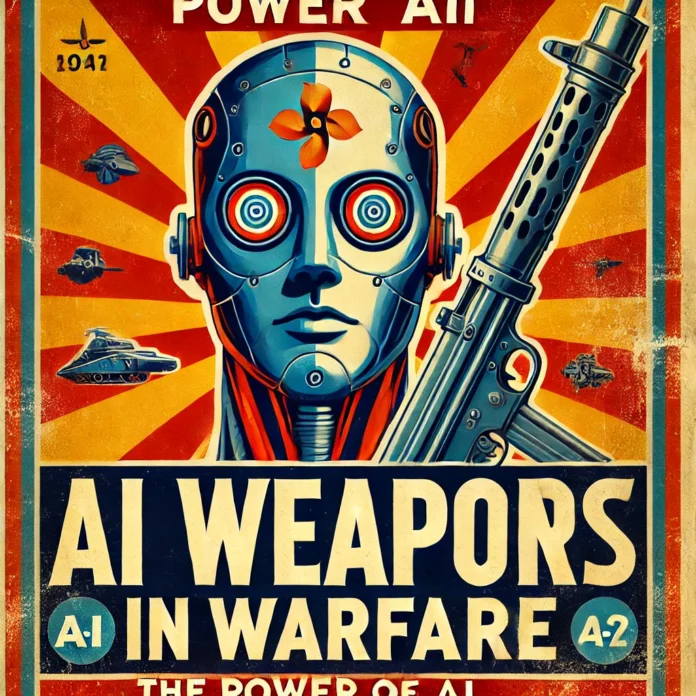As artificial intelligence (AI) continues to evolve, its integration into weapons design presents significant risks that could reshape the future of warfare. While AI offers unprecedented capabilities in enhancing military technology, it also raises ethical, legal, and security concerns that must be carefully considered.
The Growing Role of AI in Weapons Development
The use of AI in weapons design is already being implemented in various military projects. AI-driven technologies are being developed to create autonomous weapons systems capable of making decisions without human intervention. These systems can analyze vast amounts of data in real-time, identify targets, and execute attacks with precision. However, the potential for misuse and unintended consequences makes AI in weapons design a double-edged sword.
Ethical Dilemmas and Moral Questions
One of the most pressing concerns about AI in weapons design is the ethical implications. Autonomous weapons systems challenge traditional concepts of accountability and responsibility in warfare. If a machine makes a lethal decision, who is held responsible? The lack of human judgment in these systems raises moral questions about the value of human life and the rules of engagement in conflict scenarios.
Legal Challenges and International Regulations
The integration of AI in weapons design also poses legal challenges. Current international laws and treaties governing the use of force in conflict are not equipped to handle the complexities introduced by AI-driven weapons. The lack of clear regulations creates a legal gray area that could lead to unintended escalations in conflicts. International cooperation is needed to develop frameworks regulating the use of AI in military applications.
Security Risks and the Threat of Autonomous Warfare
AI in weapons design presents significant security risks, particularly the potential for autonomous warfare. The development of autonomous weapons systems could lead to an arms race, with nations competing to create increasingly sophisticated and lethal technologies. The risk of these systems being hacked, malfunctioning, or being used in unintended ways adds another layer of complexity.
The Importance of Human Oversight
Despite the advanced capabilities of AI, human oversight remains crucial in weapons design. The complexity and unpredictability of warfare require human judgment, particularly in scenarios where ethical and moral considerations are paramount. Ensuring that AI-driven weapons systems are used responsibly requires oversight mechanisms, including fail-safes that allow human intervention in critical situations.
Conclusion
The risks of AI in weapons design cannot be overlooked. While AI offers significant advancements in military technology, the ethical, legal, and security challenges it presents require careful consideration. By fostering international cooperation and ensuring robust oversight, the global community can mitigate the risks associated with AI in weapons design and ensure that these technologies are used responsibly.


